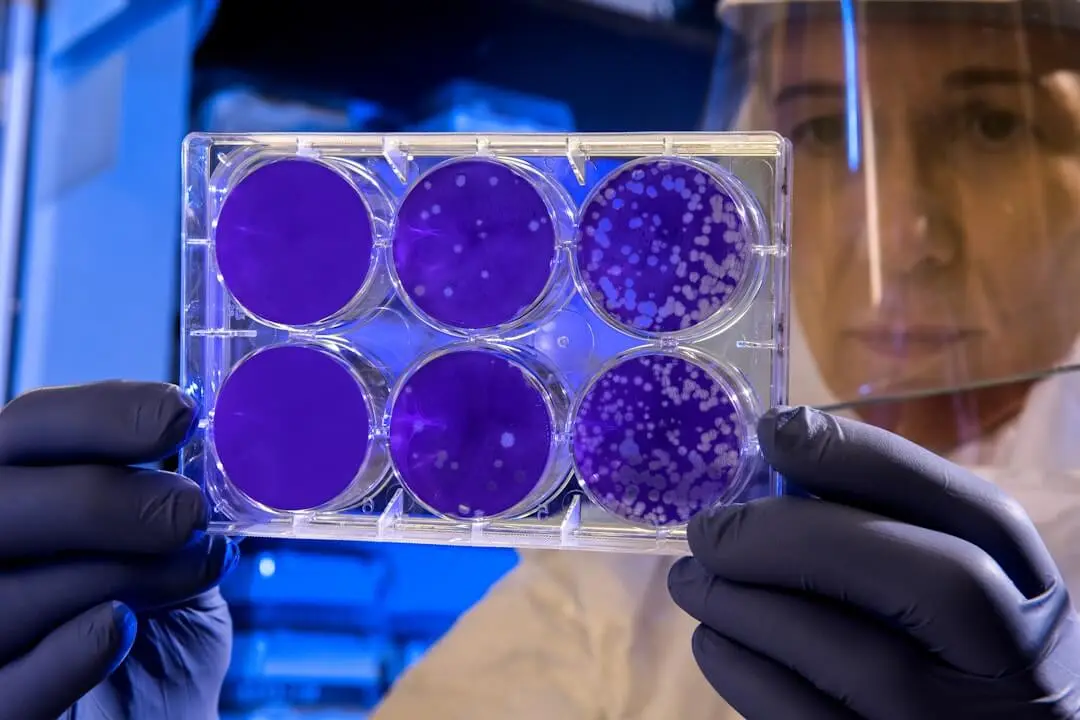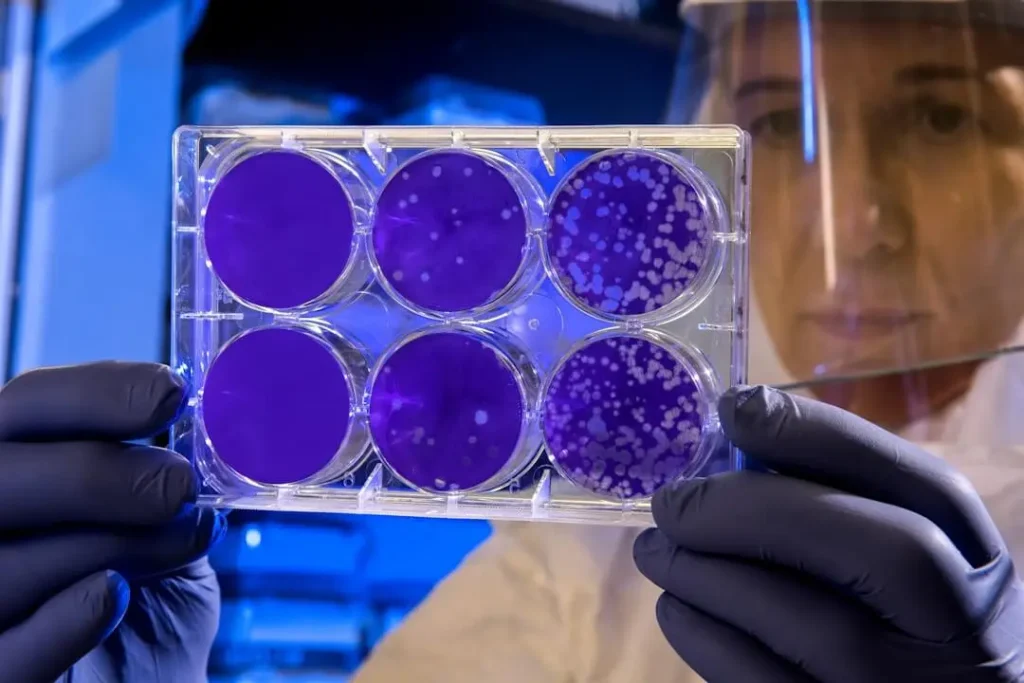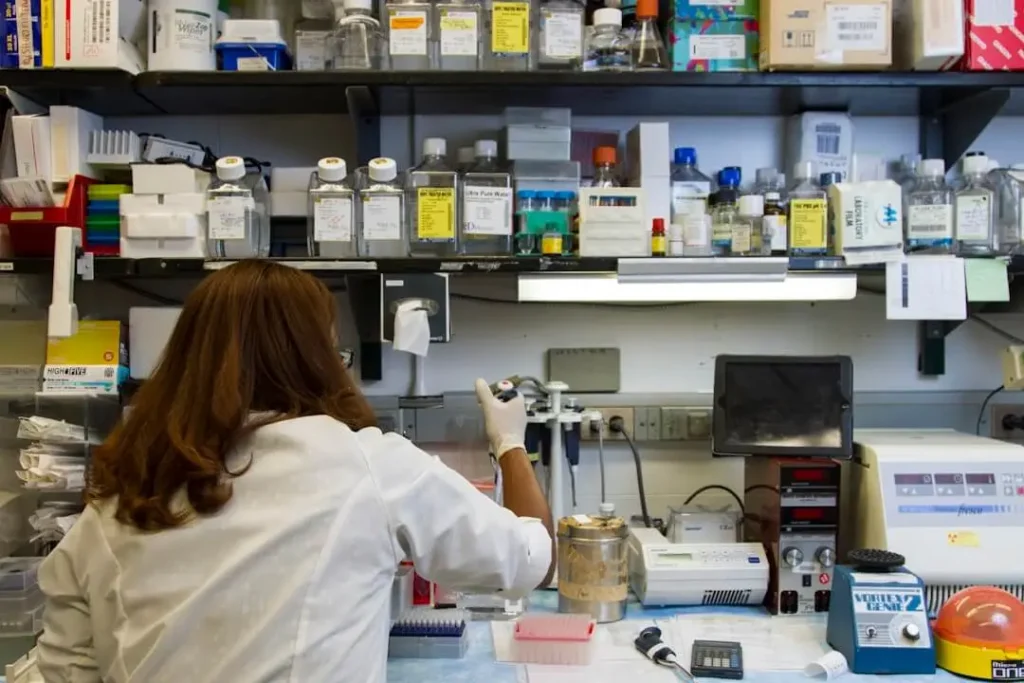
What Can You Use an Associate Degree in Science For?
An associate degree in science offers a solid educational foundation and versatile opportunities for individuals looking to break into the professional world or enhance their career prospects. From technical roles to stepping stones for further education, this degree opens various paths across industries. Whether you’re eyeing a career in health care, environmental science, or technology, an associate degree can be the launching pad you need. Keep reading to discover the multitude of avenues available to those who are equipped with this valuable credential.
Exploring Career Paths with an Associate Degree in Science

An associate degree in science can open doors in various sectors, including healthcare, environmental management, and technical fields. Specialized roles like lab technicians, research assistants, and quality control analysts are often within reach, allowing individuals to apply their scientific knowledge in practical settings. The flexibility offered by an associate in science program is beneficial for those looking to test the waters in various scientific domains.
The foundational knowledge gained during the program empowers graduates to confidently navigate entry-level roles and pinpoint their true interests within the vast science arena. Online programs offer flexibility for working professionals, catering to a modern, dynamic workforce. Additionally, having an associate degree can enhance prospects in technical sales or services, where understanding scientific products and processes is key.
Advancing Education: Transferring to a Bachelor’s Program After an Associate’s
An associate degree is often seen as a step towards a bachelor’s degree, as it fulfills general education requirements and allows students to transfer credits to a four-year institution. This allows them to complete a bachelor’s degree faster and at a lower cost. Students can then specialize in a specific science field, leading to advanced career opportunities.
Institutions often have articulation agreements to ensure a smooth transition, and prospective students should consult academic advisors to plan accordingly. Online education also reduces barriers to a bachelor’s degree, offering rigorous curricula while allowing students to balance their studies with personal and professional obligations.
Emerging Opportunities in Health Science and Medical Technology
Health science and medical technology are rapidly evolving sectors, requiring skilled technicians to operate diagnostic equipment, manage patient data, and contribute to innovative medical solutions. Medical lab technicians play a crucial role in disease diagnosis and treatment, handling complex instruments and maintaining lab safety protocols. Technological trends like telemedicine and electronic health records are reshaping healthcare delivery, and those with health informatics knowledge are well-positioned to support these digital transformations.
They bridge the gap between clinical care and information technology, improving patient outcomes and operational efficiency. An associate degree can also provide a technical foundation for developing and testing new medical technologies, such as wearable health monitoring devices and advanced imaging systems.
The Role of Associate Degrees in Research and Laboratory Work

Graduates with an associates in science online can thrive in research and lab settings, where their technical skills and precision are highly valued. These roles often involve assisting with experiments, preparing samples, and analyzing data, allowing them to contribute to scientific discoveries across educational, government, and private sectors.
Their expertise also supports environmental testing and teaching. As sustainability efforts grow, associate degree holders play a key role in monitoring ecological health and regulatory compliance. Some even become lab instructors, using their hands-on experience to mentor students in science fundamentals and lab techniques.
Leveraging an Associate Degree for Entrepreneurial Success in Science-Based Ventures
An associate degree in science can greatly benefit entrepreneurs in areas like renewable energy, biotechnology, and sustainable food production. These individuals possess not only scientific knowledge but also creativity and risk-taking skills, making them ideal for launching eco-friendly startups or offering consulting services.
Their scientific background allows them to approach problems analytically and offer evidence-based solutions, building credibility and customer base. The rise of citizen science and do-it-yourself biology movements also highlights the democratization of scientific discovery. Successful entrepreneurship in science requires understanding regulatory landscapes and funding mechanisms, providing a solid foundation for long-term success in innovative ventures.
Overall, an associate degree in science can lead to robust career opportunities, further educational advancements, and even the thrill of entrepreneurial ventures. It lays the groundwork for a life engaged with science at many levels, allowing for personal growth and contribution to society’s collective knowledge and well-being. With dedication and vision, an associate degree can be the catalyst for a fulfilling and impactful career in the sciences.



